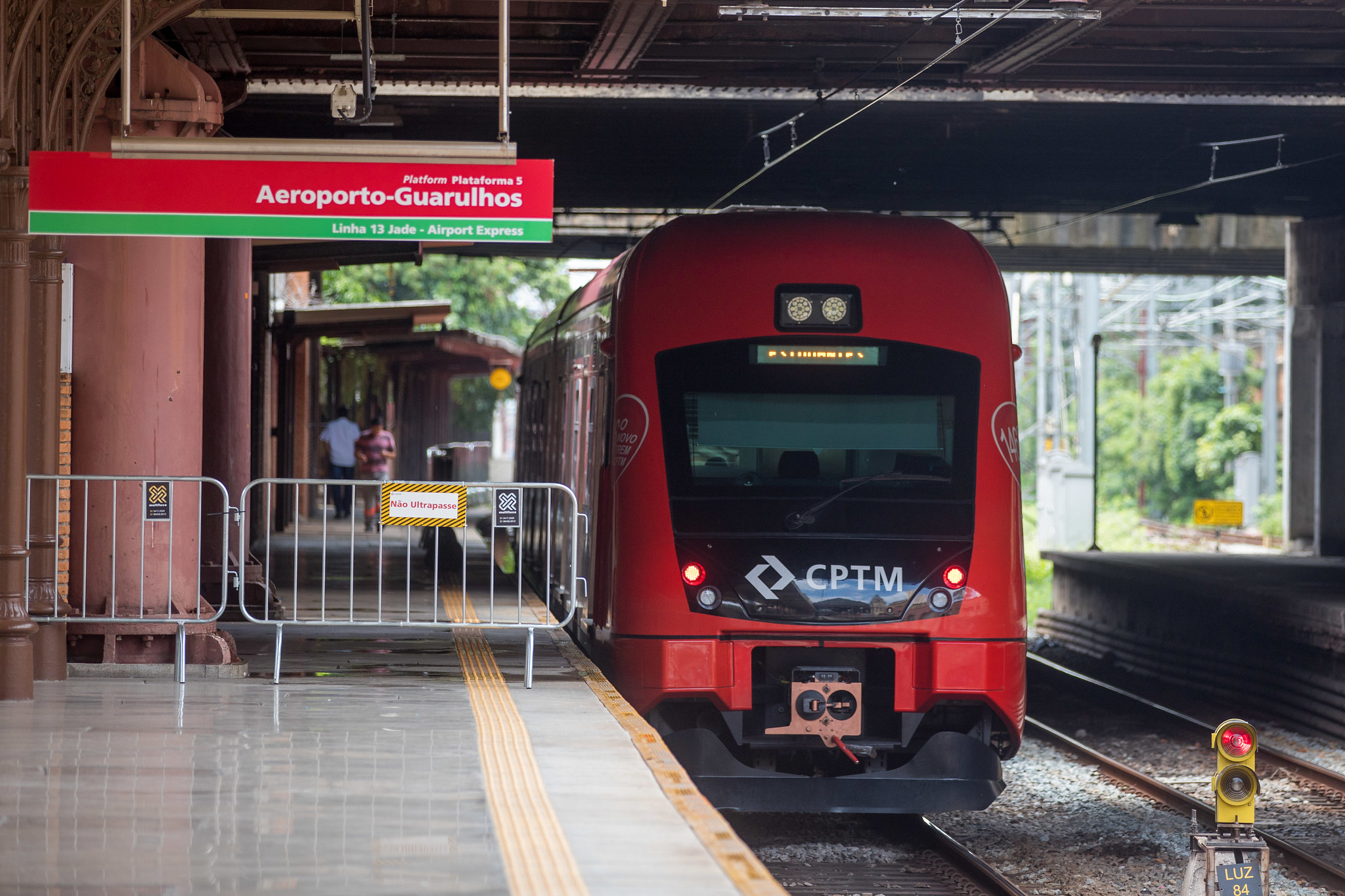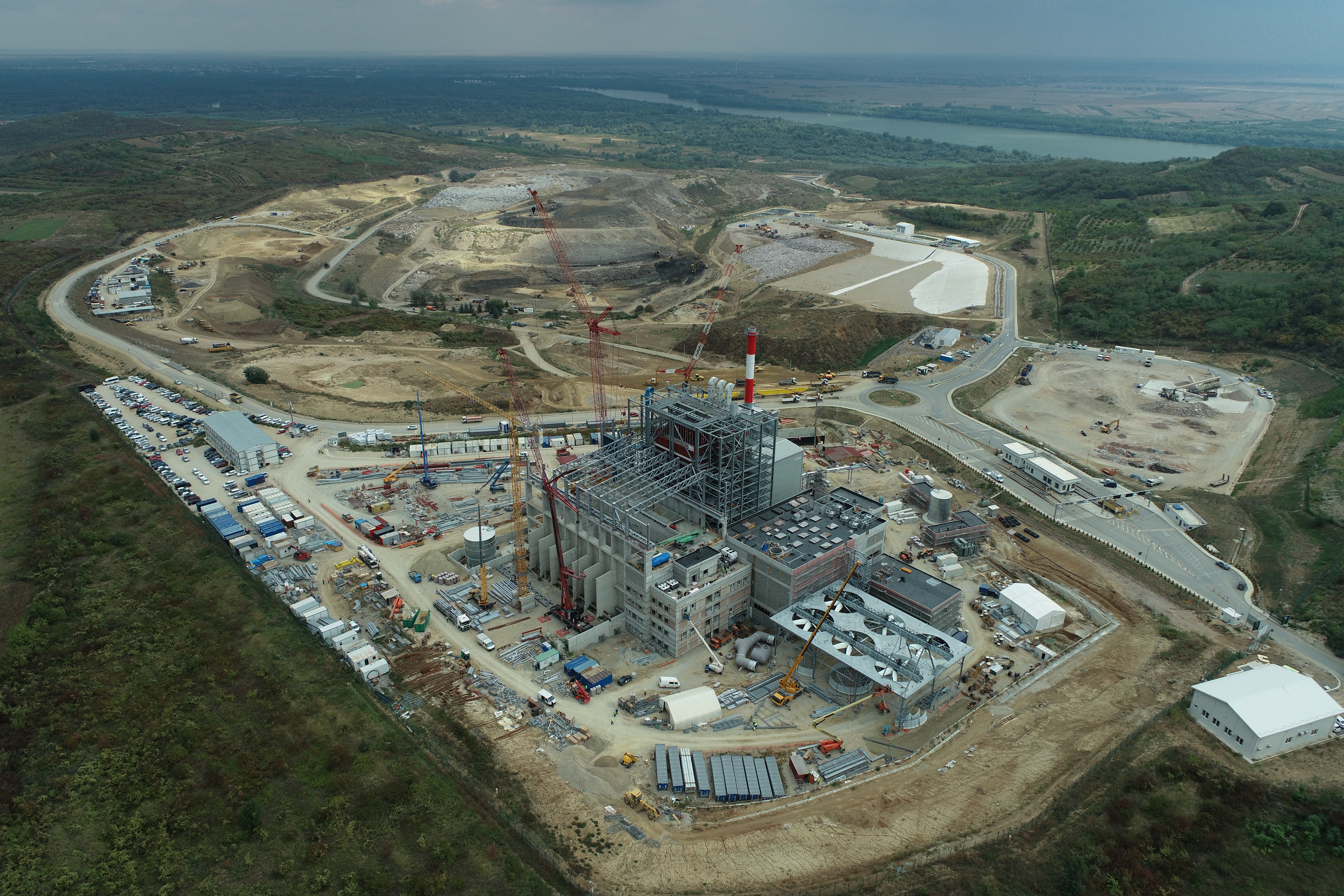Private sector financing can accelerate a green recovery for cities
Cities are at the forefront of the pandemic crisis and are key players in the fight to achieve net-zero emissions targets. The recovery choices they make today will set urban agendas for years to come.
Around the world, countries face a hefty triple challenge: they need to ensure a successful recovery from the COVID-19 pandemic, address the existential threats of climate change, and implement decisive measures towards sustainable and inclusive development.
Cities, which account for 55% of global population and 80% of global GDP, are at the forefront of the crisis and are key players in the fight to achieve net-zero emissions targets (they generate more than 70% of global carbon emissions).
Local governments do not receive enough public funding for infrastructure and essential services
The pandemic crisis has drawn attention to the critical role of infrastructure in assuring urban resilience and sustainability. However, many cities now face a very real prospect of being unable to build and maintain essential services and infrastructure. Local authorities’ expenditures continue to rise while their revenues are projected to be 15% to 25% lower in 2021 than in previous years. Cities cannot always rely on additional funding from central governments, especially given the latter’s high levels of indebtedness after the pandemic. (Government indebtedness was estimated at 97% of global GDP in 2020).
New financing options are clearly needed. Fortunately, recent examples from waste management, water, and sanitation projects demonstrate ways to increase support from private investors.
Private sector support can help create viable waste management solutions
Waste management is primarily a public-sector affair. Worldwide, more than half of all waste collection, treatment, and disposal services are provided by public entities. Waste management is costly, both in up-front investment and operational costs; in low-income countries, it can consume up to 20% of municipal budgets. It is also an environmental issue. The World Bank estimates that about 2 billion tonnes of municipal solid waste are produced every year, and at least a third is not managed in an environmentally sustainable manner.
Public private partnerships (PPPs) can finance and operate waste management solutions, but such PPPs have frequently been hindered by low levels of cost recovery, limited scale, constrained technical and planning capacity at the city level, and a lack of appropriate incentive structures. However, there has been an uptick in private investment in waste management in the past few years, especially in the financing of waste-to-energy plants (Figure 1).
Figure 1 Private sector investments in the waste sector in emerging markets, expressed in millions of US Dollars at 2020 constant values


Source: IFC analysis of IJ Global data
Serbia’s Vinca landfill is the largest unmanaged landfill site in Europe. The landfill handles 90% of the waste collected in Belgrade. Despite taking up as much space as roughly 180 soccer fields, the landfill is running out of capacity. It is also the source of frequent fires and leaks liquid pollutants into nearby waterways.
In 2019, with IFC and MIGA support, Belgrade authorities and the French-Japanese consortium SUEZ-ITOCHU began construction of a new sanitary landfill, incinerator, and waste-to-energy plant. The consortium also began closing and rehabilitating the existing Vinca landfill. This project is the first large-scale PPP in solid waste management in Serbia and the Balkan region. IFC’s PPP advisory team helped build local capacity, promote reform of key regulations, and design a bankable PPP structure. Revenues are generated from a new waste treatment charge levied on users, as well as electricity and heat payments.
Stephane Heddesheimer, CEO of Recycling and Recovery at SUEZ in Asia, points out the innovation of the approach at Vinca, where the remediation of an existing landfill was financed by combining remediation efforts with revenue-generating waste management services. This was key to making the project bankable for the private sector, and it was enabled by a procurement approach that leveraged private sector expertise.
“Competitive dialogue was the most efficient procurement method for this project … This process is quite helpful to achieve a contract that is balanced, bankable, and biddable.” - Stephane Heddesheimer, CEO of Recycling and Recovery Asia, SUEZ in Asia
The recovery choices that cities make today will set urban agendas for years to come
To implement a green road to recovery, cities can leverage green financing instruments like sustainability-linked loans. Sustainability-linked loans provide a financial incentive for borrowers to achieve targets linked to the United Nations’ Sustainable Development Goals.
Although it can be challenging for cities to tap into sustainable financing instruments, essential urban infrastructure services are well tailored to leverage sustainable financing, as they provide multiple positive environmental and social benefits, according to Roberto Barbuti, CEO of the water utility of the State of Rio Grande do Sul in Brazil, Companhia Riograndense de Saneamento (Corsan).
IFC recently supported Corsan with a sustainability-linked loan of BRL300 million (around USD56 million). The loan will enable Corsan to reduce water losses from 44% to 35% by 2024. If the target is achieved, the loan's interest rate will decrease. The loan sets an important precedent in a country where 16% of the population lacks access to potable water and 50% lack access to sewerage.
IFC’s loan to Corsan is the first sustainability-linked loan in the Brazilian water sector. However, since the issuance of its first green bond in 2015, Brazil has established the largest green bond market in Latin America. According to Gustavo Pimentel, Managing Director of SITAWI, the Brazilian sustainable financing market is evolving from green bonds to sustainability linked-products, which now account for more than USD10 billion.
Figure 2 Sustainable finance market in Brazil (in millions of US Dollars)

Source: IFC analysis of SITAWI data
Cities and utilities seeking to leverage sustainability financing instruments can seek support from IFC and other international finance institutions as they explore their investment needs.
Cities and sustainable finance can grow together
For cities, financing products focused on resilience, sustainability, and climate transition offer a way to attract new private sector investors. These products can help cities achieve environmental commitments on better financial terms. Harnessing the synergies between carbon-reduction goals, resilience-building, and COVID-19 recovery efforts will ensure that the benefits of a green rebuild are enjoyed by future generations.
Click here to view the recording of the IFC and GI Hub joint webinar Green recovery for cities: What role can the private sector play? To register for future webinars, click here.
The following colleagues contributed to this blog: Elcin Akcura and Emelly Mutambatsere, Senior Infrastructure Economists at IFC. Follow us on LinkedIn: IFC Infrastructure and GI Hub.

 Innovative Funding and Financing
Innovative Funding and Financing





